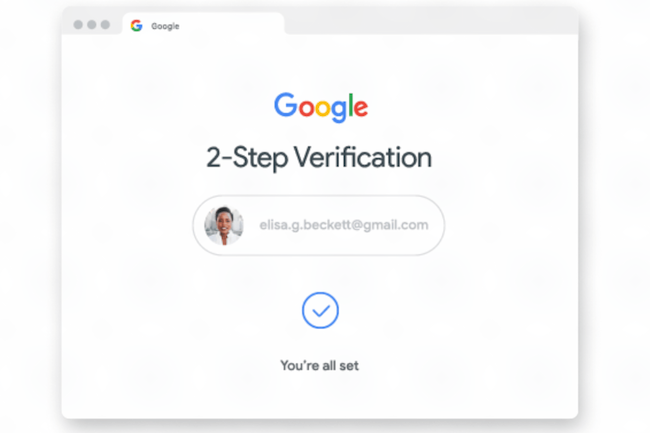Google is marking World Password Day with a blog post summarizing the password management features it offers, and the company announced that it will automatically enroll some accounts in two-step verification (2SV).
The tech giant has been offering 2SV for Google accounts for years. Users who enable 2SV for their account — after entering their password — are asked to enter a code received via a text message or a voice call. In many cases, users can simply confirm their identity by taping a prompt on their smartphone when they log in, and Google also offers the option to use security key devices that are connected via a physical port (USB) or wirelessly (NFC).
Google announced on Thursday that it will soon start automatically enabling 2SV for users, if their accounts are “appropriately configured.”
Jonathan Skelker, product manager of account security at Google, told SecurityWeek that “appropriately configured” refers to accounts that already include recovery information, such as a phone number or email address.

Users can check the status of their account through the Security Checkup feature.
The password-related security features currently offered by Google include a password manager built into Chrome, alerts for compromised and weak passwords, and an import feature that allows users to easily upload up to 1,000 passwords at a time from third-party services to its password manager.
Related: Cybersecurity Experts Share Thoughts for World Password Day
Related: Google Expands Use of Password Checkup Tool, Unveils New Privacy Features
Related: Many Users Don’t Change Unsafe Passwords After Being Warned: Google














